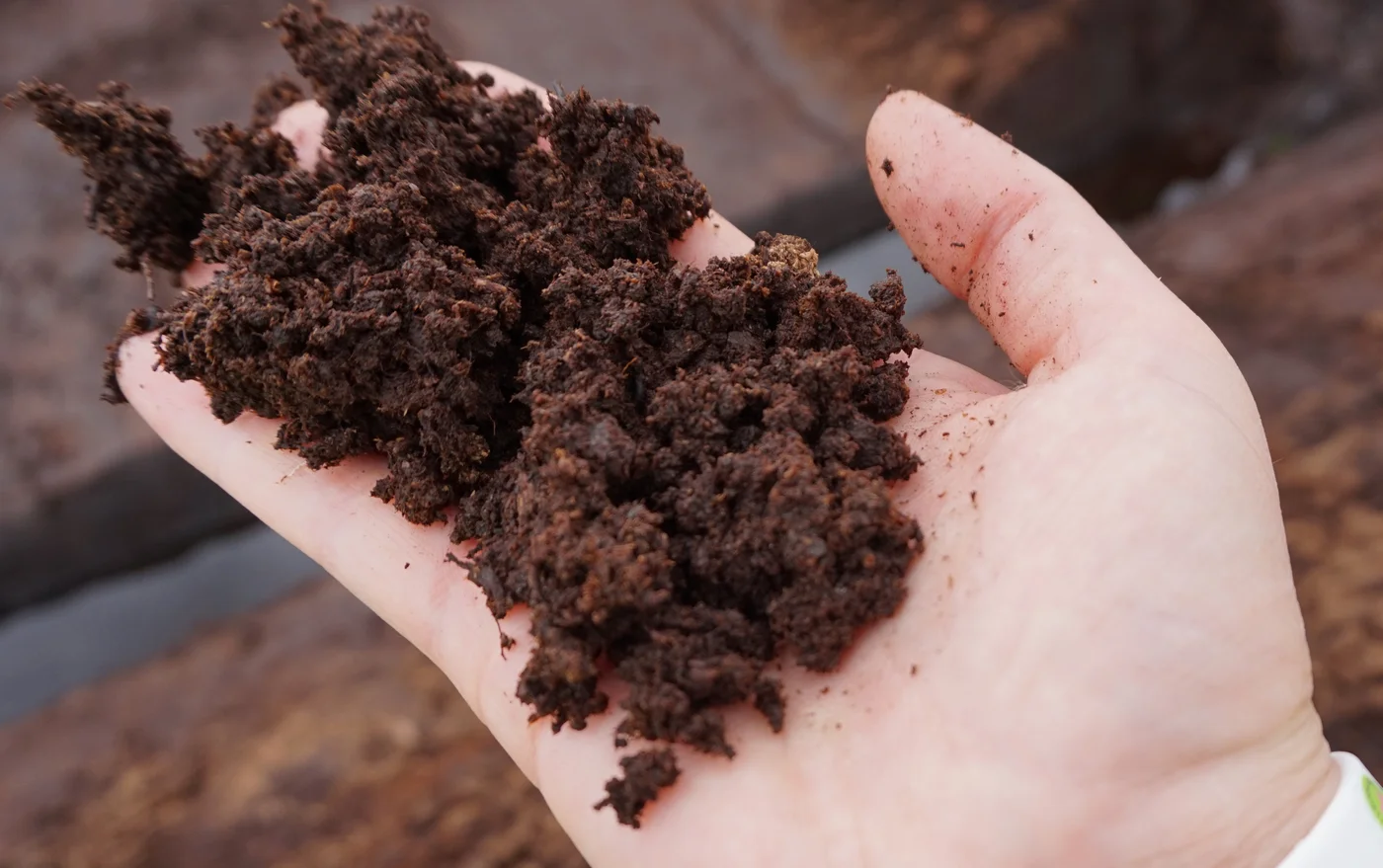As the horticultural industry braces for significant legislative shifts, UK businesses are gearing up to implement peat reduction procedures. We take a deep dive into the challenges arising from the legislative changes and some of the innovations businesses are taking to reduce their environmental footprint.
The proposed changes
Peatlands are vital ecosystems, playing a crucial role in carbon sequestration and biodiversity conservation. However, as shown by the International Union for Conservation of Nature (IUCN) , the extraction of peat for horticultural purposes has posed significant environmental challenges, leading to habitat destruction and carbon emissions. Recognising the urgency of addressing this issue, the UK government has announced plans to ban the sale of peat and peat-containing products in horticulture, with a target to eliminate its use entirely in the retail horticultural sector by the end of 2024 and a complete ban in the professional horticultural sector by 2030.
An opportunity or a threat to business?
For horticultural businesses, this transition presents both challenges and opportunities. While traditional practices may need to be re-evaluated, the shift towards peat-free alternatives opens doors to innovation and sustainability. Here are some key strategies that businesses are adopting to navigate the peat reduction journey:
- Investing in Research and Development:
Many companies are allocating resources to research and develop peat-free growing mediums. By exploring alternative materials such as coir, composted bark, and green waste, businesses can find sustainable alternatives that maintain the quality of their products while reducing environmental impact. Clients of ours have successfully claimed for their own development work, aiming to create a proprietary peat-free compost using blends of growth mediums in combination with green waste. - Collaborating with Suppliers:
Building strong partnerships with suppliers is essential for securing a consistent supply of peat-free materials. Collaborative efforts between horticultural businesses and suppliers can drive innovation and ensure the availability of sustainable alternatives on a large scale. This has been highlighted by IUCN’s report showing the efforts of Greenwood Plants, trialling different commercially available mixes against their own peat-free mixes and Harriet’s Plants, working with Melcourt’s Sylvagrow peat-free growing medium to achieve peat-free produce. - Implementing Sustainable Practices:
Beyond reducing peat usage, businesses are adopting holistic sustainability practices across their operations. From optimising water and energy usage to minimising waste and emissions, companies are embracing a comprehensive approach to environmental stewardship. Our client recently conducted a large-scale project integrating advanced heating systems into greenhouses, utilising waste heat and solar warming to maintain appropriate temperatures. They trialled a range temperatures and levels of irrigation, leading to significant advancements in the field. - Adapting to Regulatory Changes:
Keeping aware of evolving legislation is crucial for compliance and long-term viability. By proactively adapting to regulatory changes and seeking opportunities for innovation, horticultural businesses can stay ahead of the curve and position themselves as leaders in sustainable practices.
How InnoFund can help of
Many companies are using R&D Tax relief as a valuable way to retrospectively subsidise their relevant expenditure, reducing the risk of further innovations in this space.
Should you be planning to move away from peat-based products, or have done so already, please reach out to InnoFund for a confidential discussion around your recent or upcoming work to see if it would also qualify for any tax relief.
Article written by John McCabe, Agricultural and Horticultural Lead.
[1] Peat Extraction & Horticulture – IUCN – https://www.iucn-uk-peatlandprogramme.org/about-peatlands/peatland-damage/peat-extraction-horticulture
[1] Holmes, S. & Bain, C. (2023) ‘Peat-free Horticulture – Demonstrating Success: Addendum Report 2023’, Pages 28 & 30, IUCN UK Peatland Programme, Edinburgh – https://www.iucn-uk-peatlandprogramme.org/sites/default/files/2023-03/Updated%20Demo%20Success-%20peat-free-%20addendum%20-%20WEB_1.pdf



